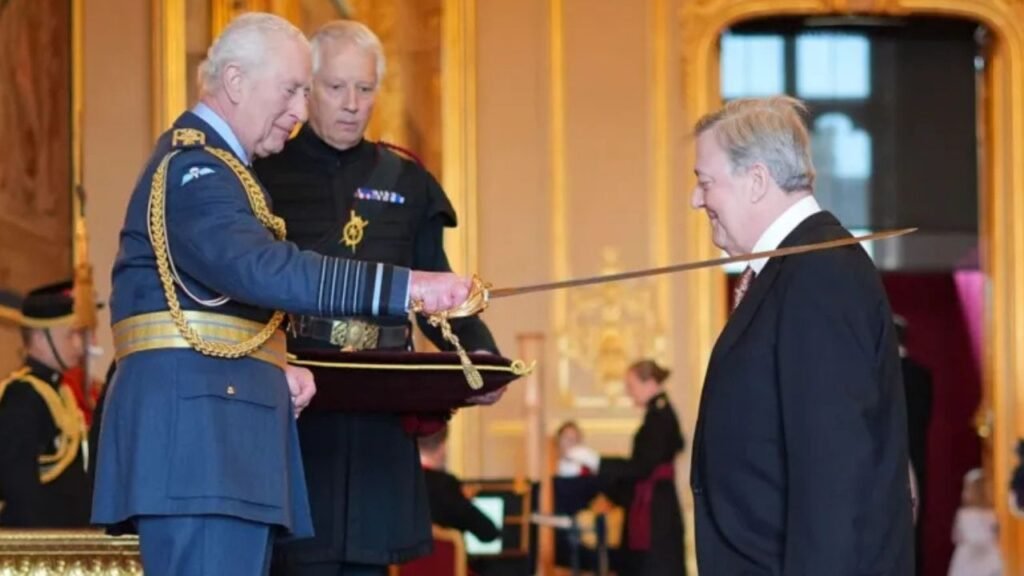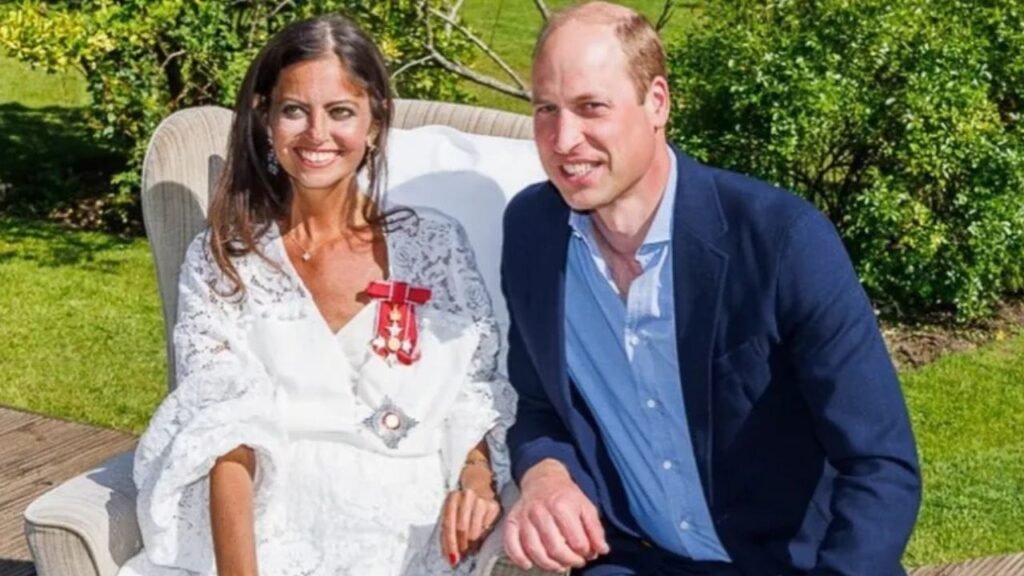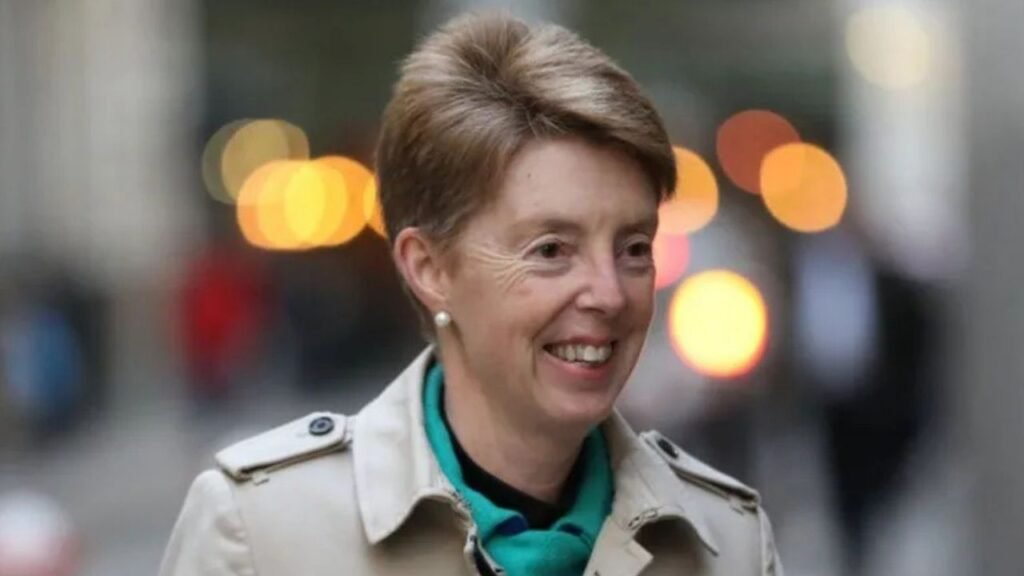
Understanding the UK Honours System: A Deep Dive into Royal Recognition
The UK Honours System is a tradition that spans centuries, celebrating the achievements, bravery, and contributions of individuals across society. From high-profile celebrities to unsung community heroes, these honours are a symbol of national gratitude and royal recognition. With the 2025 King’s Birthday Honours list due on June 14, let’s explore how the system works, who gets honoured, and what each award signifies.

What Is the UK Honours System?
The UK Honours System is a formal way of recognizing individuals who have made a significant impact in public life or served their country and communities with distinction. These awards are granted twice a year — during the New Year Honours and the King’s Birthday Honours in June.
Whether it’s through public service, contributions to the arts, sport, science, or acts of bravery, recipients are celebrated for their dedication, innovation, and courage.

When Are Honours Awarded?
Honours are usually awarded:
- New Year’s Day
- The monarch’s official birthday in June
- Dissolution honours (when Parliament ends before a general election)
- Resignation honours (awarded by outgoing prime ministers)
- Special gallantry awards (for acts of bravery)
For example, the 2025 New Year Honours list included:
- An MBE for Olympic gold medalist Keely Hodgkinson
- CBEs for actresses Sarah Lancashire and Carey Mulligan
- A damehood for Labour MP Emily Thornberry
- OBEs for former sub-postmasters in the Post Office Horizon IT scandal

Who Decides Who Gets Honoured?
Honours are formally awarded by the King but are based on recommendations made by:
- The Prime Minister or senior government officials
- Independent Honours Committees
- Members of the public (via a public nomination process)
Roughly a quarter of honours each year come from public nominations. These are reviewed by the Honours and Appointments Secretariat, a department within the Cabinet Office that vets nominees, including checks on tax affairs, criminal records, and political involvement.

How Are Honours Presented?
Investiture ceremonies are held at:
- Buckingham Palace
- Windsor Castle
- Palace of Holyroodhouse
Honours may be awarded by the King himself, the Prince of Wales, or the Princess Royal. Some medals, like the British Empire Medal (BEM), are presented locally by lord-lieutenants.
Honourees also receive invitations to attend royal garden parties, adding a touch of tradition and festivity to their recognition.

Can People Refuse or Lose an Honour?
Yes. Nominees are asked if they accept the honour before it’s officially announced. Some have chosen to reject honours due to personal beliefs or political objections.
Notable refusals include:
- Author Roald Dahl
- Poet Benjamin Zephaniah, who declined an OBE due to its association with the British Empire and colonialism
- Actor Alan Cumming, who returned his OBE in protest against imperial legacy
Honours can also be revoked. For instance:
- Disgraced entertainer Rolf Harris had his honour stripped following criminal convictions.
- Paula Vennells, former Post Office CEO, voluntarily returned her CBE in 2024 amid public outrage over the Horizon scandal.
What Are the Types of UK Honours?
The honours system consists of multiple tiers and orders. Some of the most notable include:
Knighthoods and Damehoods
- Awarded for a pre-eminent contribution to national life
- Male recipients are styled “Sir”, females “Dame”
Orders of the British Empire
- CBE (Commander)
- OBE (Officer)
- MBE (Member)
- Recognizes achievements across public service, arts, science, and charity
British Empire Medal (BEM)
- For hands-on service to the community
Order of the Bath
- Recognizes military and civil service of the highest calibre
Order of St Michael and St George
- Awarded for extraordinary services abroad or in the Commonwealth
Order of the Companions of Honour
- A prestigious award limited to 65 members
Royal Victorian Order & Medal
- Personally awarded by the King for services to the Royal Family
Gallantry Awards
- King’s Gallantry Medal, Police, Fire, and Ambulance Service Medals
- For acts of extraordinary bravery, often in life-threatening situations
The Honours in Action: Real-Life Examples
The system continues to honour a wide range of contributors:
- Stephen Fry was knighted in March 2025 for his advocacy in mental health, the environment, and charity work.
- Deborah James, a podcast host and cancer campaigner, received her damehood from Prince William at her family home in 2022.
- Artists like Imelda Staunton and Tracey Emin were named Dames in the 2024 Birthday Honours.
Final Thoughts
The UK Honours System remains one of the most respected traditions of national recognition. While the system has faced scrutiny and debate, its central goal remains unchanged: to shine a light on individuals who inspire, serve, and shape the United Kingdom through exceptional deeds.
With the upcoming 2025 King’s Birthday Honours, more stories of service and success are about to be written into the country’s rich ceremonial legacy.



Average Rating